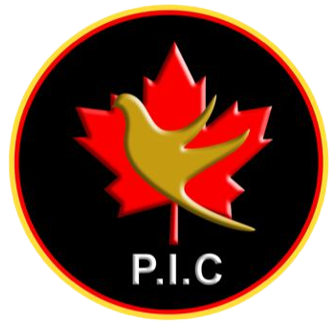Education in elementary and high school
Canadian schools
Education in Canadian schools is divided into two stages: primary and secondary. These two courses include 12 levels or grades, which form the 1st to 8th grade of elementary school and the 9th to 12th grade of secondary school. Students enter kindergarten from the age of 4 and enter school from the age of 6. Education is compulsory from the age of 6 until the age of 16 or 18 (laws vary in different provinces). Schools in Canada are public or private. Private schools do not necessarily have the same curriculum as public schools and have their own registration conditions and regulations. All Canadian schools are allowed to enroll foreign students.
The cost of studying in Canada
Public schools: an average of 14,000 Canadian dollars per year
Private schools: from 30 thousand Canadian dollars per year and above
Boarding schools: an average of 50,000 Canadian dollars per year
Home Stay in Canada
Students can live with a Canadian family as a homestay during their studies. One of the advantages of staying at home is learning the language, culture and customs of Canada. The average cost of homestay is $14,000 per year.
Regulations related to students’ study permit
If your child intends to study in one of the primary or secondary levels, you must apply at least six months before the start of studies to obtain a permit and do other things. By contacting the school, you will be provided with information about the cost of application review and registration, living expenses and insurance.
In general, in order to study in Canadian schools (except kindergarten), students need to obtain a study permit if they apply from outside of Canada. However, if they are present in Canada with their parents who have a study permit or work permit, there is no need to obtain a study permit.
Students who entered Canada as tourists with their parents are not allowed to study in Canadian schools without obtaining a study permit .
The study permit for students in the primary period (grades 1 to 8) is one year and needs to be renewed, but the study permit for the secondary period (grades 9 to 12) is equal to the study period (up to 4 years).
In case of obtaining a study permit from outside of Canada, you must have a letter of acceptance from the educational institution (primary or secondary) in advance. However, if we apply for a study permit for a child whose parents have obtained a study permit or work permit before entering Canada, there is no need for an acceptance letter for the child.
The condition of obtaining a study permit for students
1- Accompanying one of the student’s parents or a person who is legally in charge of the student’s guardian.
2- If parents are not accompanied, the student must have a custodian in Canada. The guardian must be a permanent resident or citizen of Canada.
In some cases, people 17 years and older do not need a guardian. The legal age in Canada is 18 in some provinces such as Ontario and 19 in some other provinces such as British Columbia.

